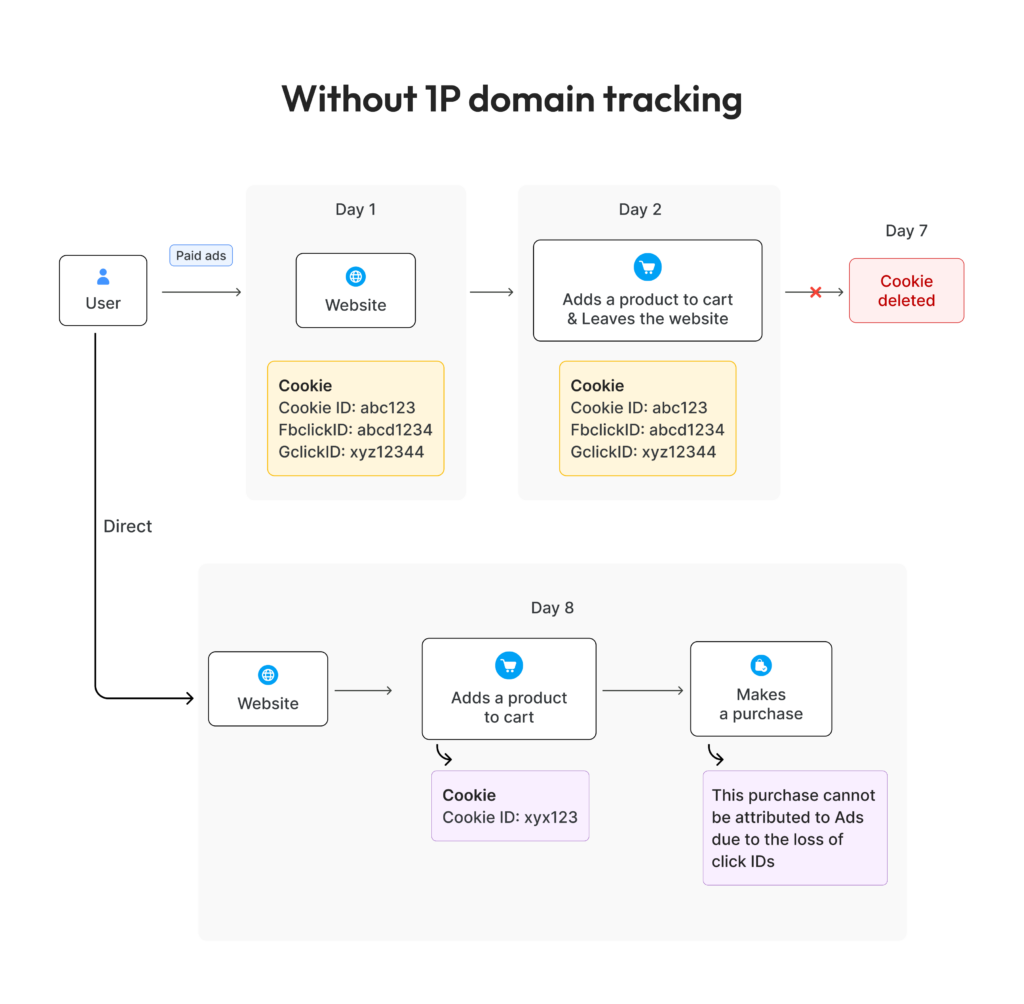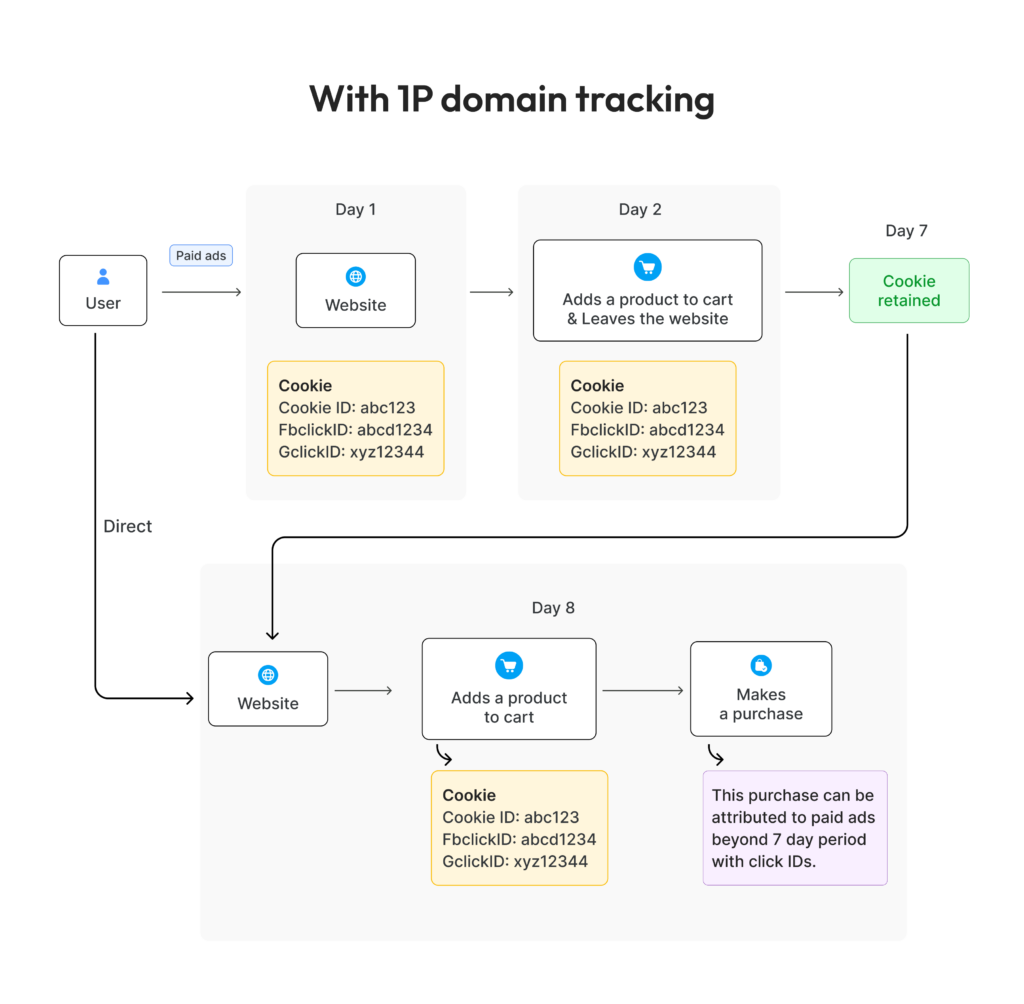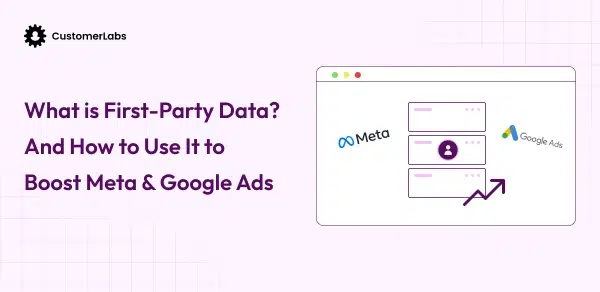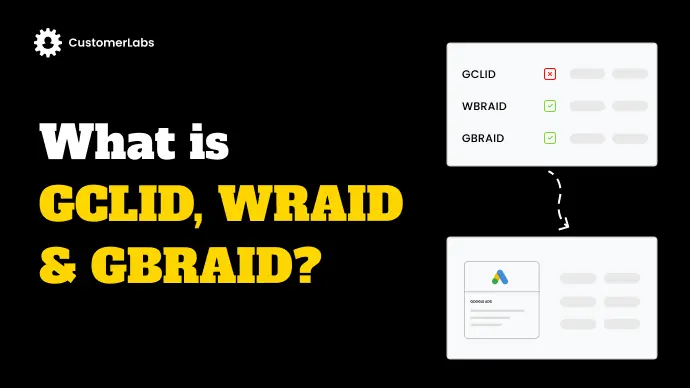Everyone knows third-party cookies can no longer be used for retargeting users. They’re dead.
But it doesn’t stop there. Even the first-party cookies are at stake.
With the Intelligent Tracking Prevention 2.3 version upgrade (ITP 2.3), first-party cookies set from a different domain (not the user’s first-party domain) will be automatically deleted after 7 days by browsers like Safari and Firefox.
When these cookies expire, you’ll have a short window for attribution. As you might have noticed FB defaults attribution to 7 days.
Similarly, the GA4 also reports a high number of new users due to the fact the cookies expire after 7 days.
The other scenario was when we wanted to reach out to more abandoned carts via email, sms, or whatsapp campaigns. Since those cookies expire we won’t be able to reach out to more people.
However, when the first-party cookies are set from the server-side they are retained for one year.
What is 1P domain tracking (server-side cookie)?
1P domain tracking simply involves tracking website visitors and setting cookies for them on the server-side from the first-party domain.
For example, when a user visits the domain www.customerlabs.com the cookie should be set from the domain or sub-domains such as blog.customerlabs.com or 1P.customerlabs.com
But here’s an important point: These sub-domains blog.customerlabs.com and 1P.customerlabs.com shouldn’t be mapped using CNAME to another domain other.cookie.com. If they are, the cookie will still be deleted in 7 days. However, subdomains can be mapped using CNAME within the same domain or to other subdomains to avoid cookie deletion limitations.
By setting the cookie from the same domain or subdomains (first-party domain), the cookie lifespan is extended for a longer period.
While setting this up might require some technical expertise, our new update – 1P domain tracking – simplifies the process and extends the lifespan of your cookies
Why is 1P server-side cookie important?
Imagine a user visits your website by clicking on a Paid Ad. A first-party cookie (from client-side/from a different domain) is assigned to that user. The user leaves the website and doesn’t come back for seven days. The first-party cookie assigned to that user is deleted by the browser, say Safari, after 7 days.
Now, the same user visits again on the 8th day through the direct channel. Since the old cookie was deleted by the browser, the user is assigned a new first-party cookie.

The user then makes a conversion (e.g., purchase) during this session. However, this conversion is attributed to the direct channel, not the Paid Ad that initially brought the user to your website. This is because all external IDs (FBCLID, GCLID, etc.) are lost after 7 days due to cookie deletion.
That’s why setting the first-party cookie from the first-party domain (server-side) is crucial for accurate conversion attribution without missing any interactions.
But the benefits don’t stop here..
With 1P domain tracking,
1. Enhanced ID resolution
With an extended 1P domain cookie lifetime, our ID resolution system, Stitcher appends the external IDs collected across different sessions, and unifies them under a 360-degree profile.
2. Increased conversion attribution accuracy
Conversions happening beyond 7 days can be attributed accurately. Stitcher enables the collection and unification of external IDs, click IDs starting from the user’s first interaction under the lifetime cookie. With this unified information, the right acquisition channel gets the credit and you avoid losing out on costs.

70% lift in ROAS in Meta(FB) Ads
14 days after going live with 1P domain tracking, one of our customers is seeing a 70% lift in ROAS due to better attribution inside Meta.

3. Increased audience match rates
With the lifetime cookie, we can append all the external IDs and other additional information across different user sessions. This helps identify users on ad platforms like Google Ads, Meta Ads, and TikTok Ads, significantly increasing audience match rates.
Reap the benefits with our one-time setup of 1P domain tracking and preserve your user cookies for a longer period of time.





